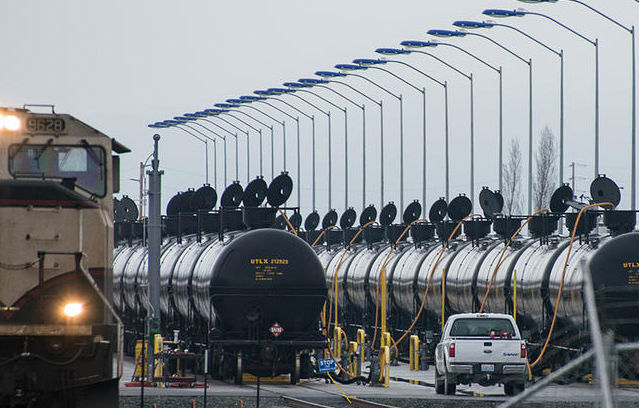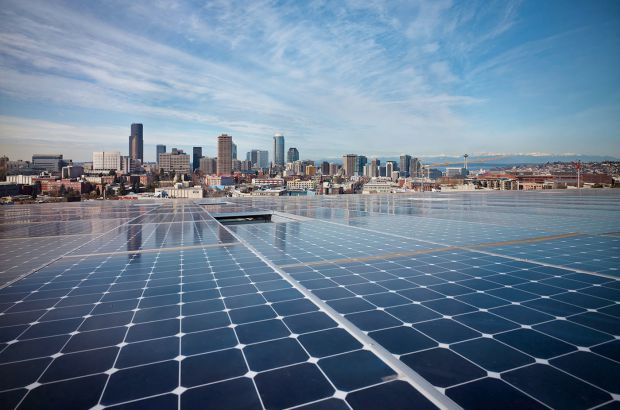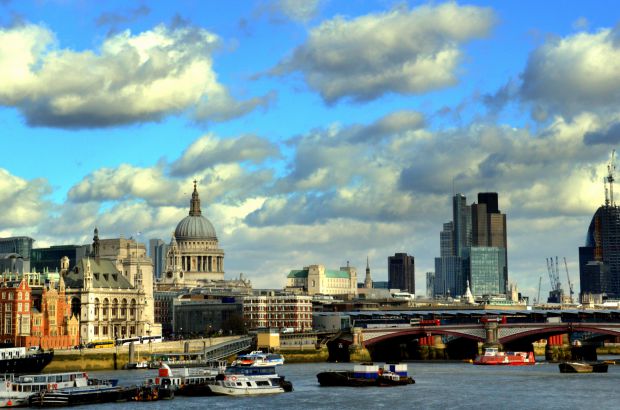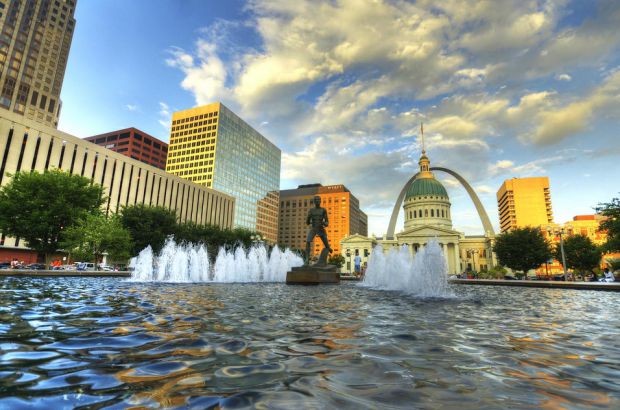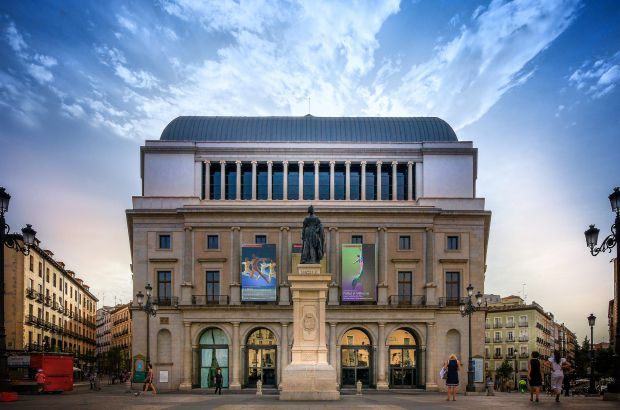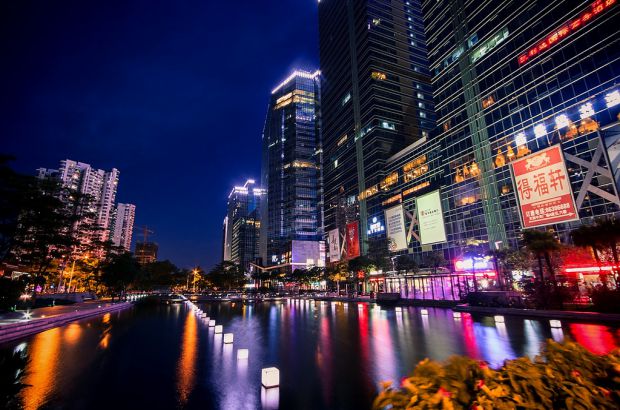Take action: No Senate deal with Big Oil
Is the US Senate really preparing to eliminate the ban on crude oil export – threatening our communities and setting back our fight against climate change? And are they really doing so on the same week as the Paris climate conference?
